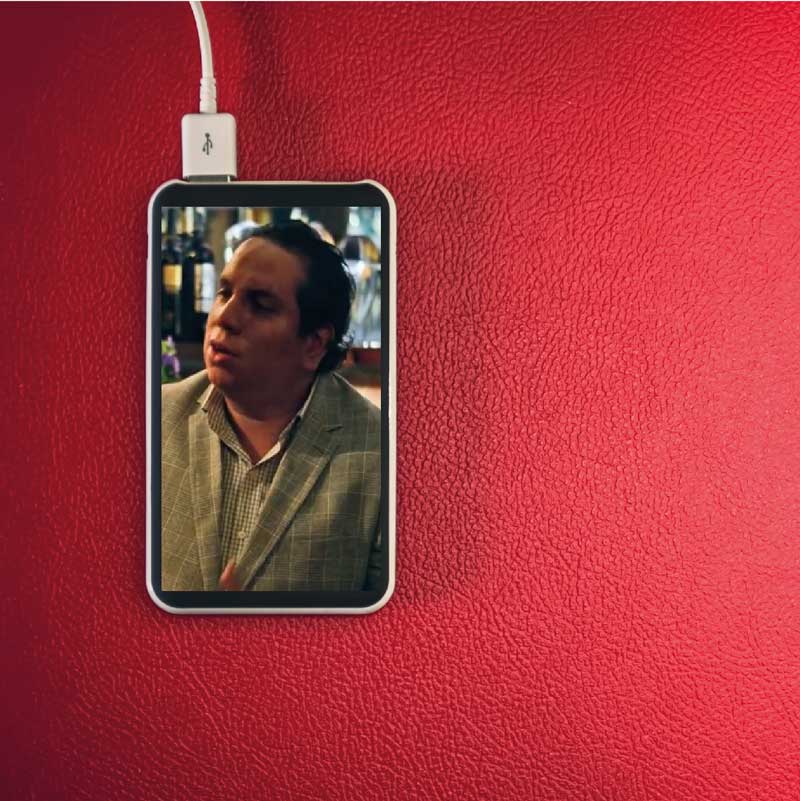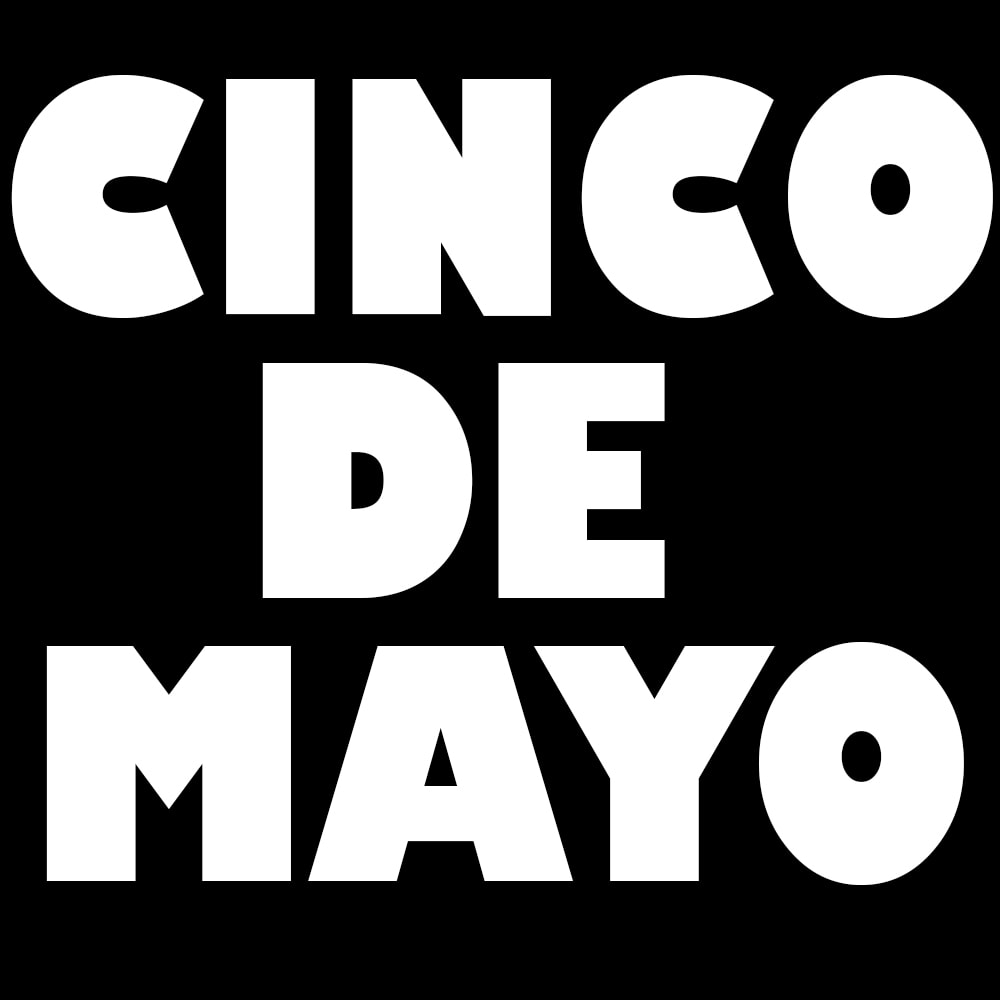
Three Questions to Franco Cabachi: Clase Maestra
François Monti highlights Franco Cabachi’s career and the evolution of the peruvian cocktail scene on our Three Questions To column.
With 40% of visitors coming from abroad, the Peruvian cocktail fair imposes itself as the great referent of South America. We talked to its founder and director Franco Cabachi to find out more about the event organized in Lima and the trends in his part of the world.
Interview with Franco Cabachi
SH: After these 7+ years of Master Class, how does the Peruvian scene evolve?
FC: It’s something we like to “attribute” but we always hear that there was a before and after in the Peruvian cocktail bar with the birth of Clase Maestra. In fact we feel that we have had something of guilt but to all the work that we have done is added an endless number of actions of great brands that knew how to work for the national cocktails while Clase Maestra grew year by year. People notice and feel that this is done by bartenders or by people who want it to grow. It’s something we’re proud of because we feel that Peruvian cocktails have a lot to show the world for the endless flavors we have. Local production of different distillates has grown and bartenders recognize it.
What are the trends in Latin America and what are the needs of the professionals?
Every day it grows more and it’s something we applaud and celebrate. I feel a greater growth of different proposals in the beverage industry at a regional level. Only in Master Class I tasted 3 gin from South America, a grappa from Uruguay, a distillate from Patagonia, an interesting liqueur from Colombia, a Coca liqueur from Bolivia, etc. The good thing about all this is the recognition of the bartending community for these products. Of course, it doesn’t mean that “because they are from South America” they are good or you have to support them. Here, the quality of the products is a strong base for the community to shake hands with them and thus move forward together.
What are the needs of the professionals?
Perhaps what many have to understand is that this is a business and they have to be trained for it. It’s something I’ve always said, it’s not about mixing cocktails. It goes far beyond that and brands are already beginning to value “that” person who can contribute a little more. Before we “complained” that we didn’t have trainings, now we have many and there is an overexposure of information that some young bartenders don’t know how to dose. They want to know about bitters, dyes, aging, etc. when they don’t even know how to make a syrup.
For the rest, I think we are on the right track. There is a long way to go but the world is already looking at us. Limantour, in Mexico, has been a reality for some time now. People already know that in Argentina there is a Bar Presidente or a Florería Atlántico, that in Chile there is a 7 Negronis, that in Brazil there is a Guilhotina and, above all, that in Peru there is a Carnival and that they are already among the best bars in the world. Everyone involved in the development of Latin cocktails is something we’ve been looking for for a long time.
Don’t drink and drive. Enjoy responsibly.
News
Stay tuned and discover all the news in the Spirits World for professionals and amateurs, by our Spirits Hunters’ experts.
See all posts in this category. Join the community on Reddit
Join the community on Reddit
Spirits Hunters is a community dedicated to spirits and the world of mixology. Feel free to talk about the world of mixology and bartending here!
Join






